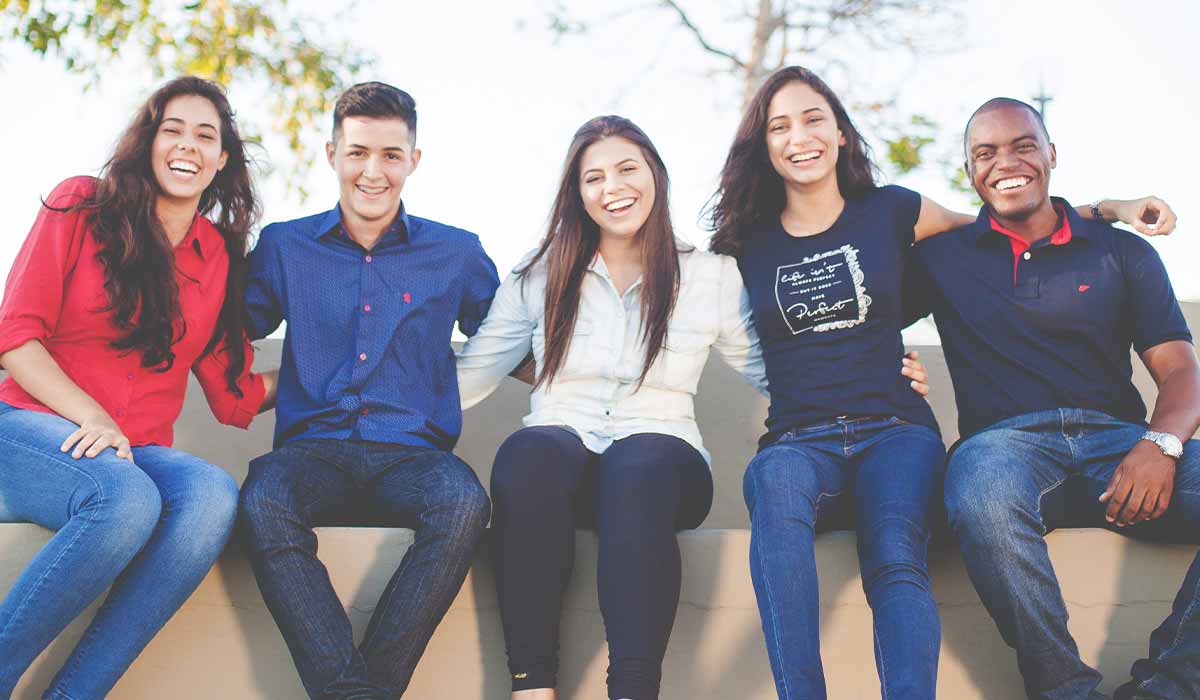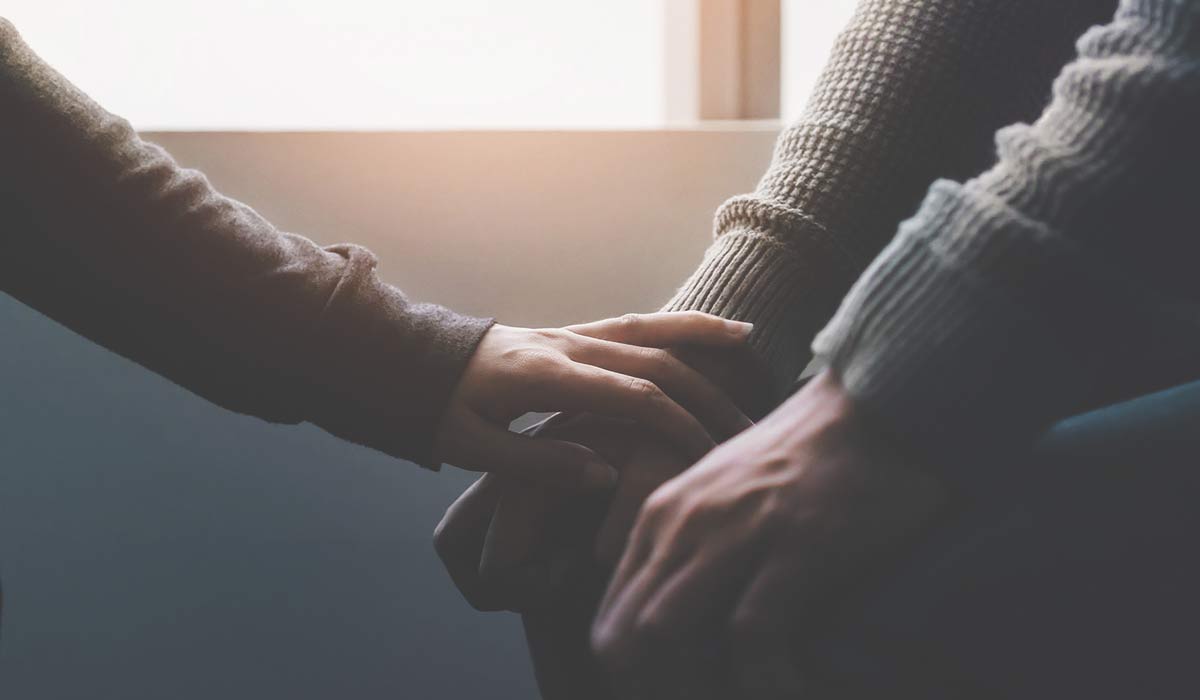One of the hardest things to do is forgive. It is extremely difficult for someone to forgive if they have never been taught how to. The inability to forgive will breed bitterness, resentment, and hate. These are qualities that are not compatible with your recovery program and could lead to a relapse. It is still possible to forgive even without the other person acknowledging their part. If you really think about it, it is the lack of respect, love, or feeling unaccepted that are the sources of our anger. So many people believe forgiveness means ‘forgive and forget’, but this is untrue. Forgiveness does not mean that you should allow people to treat you poorly.
We must have healthy boundaries when we forgive to protect us from being vulnerable to the same type of treatment that made us angry in the first place. But how do you forgive? Forgiveness is something that you do for yourself, not for the other person. When we hold a grudge or anger towards another person, right or wrong, it festers within us. That festering event, feeling or thought continues to rent space in our head for free. It only harms us and the other person remains unaffected. You have a right to feel the way you do, but walking around with it is not helpful especially in a recovery program. Stop waiting for them to apologize. Forgiveness is an active decision to free your mind from holding the resentment and to move forward. When you forgive, set healthy boundaries. Just because you forgive someone does not mean you can have the same exact relationship with them. You will have to protect yourself by not placing yourself in situations to be hurt again. The ability to forgive is a skill that will need practice and gets easier with time.









